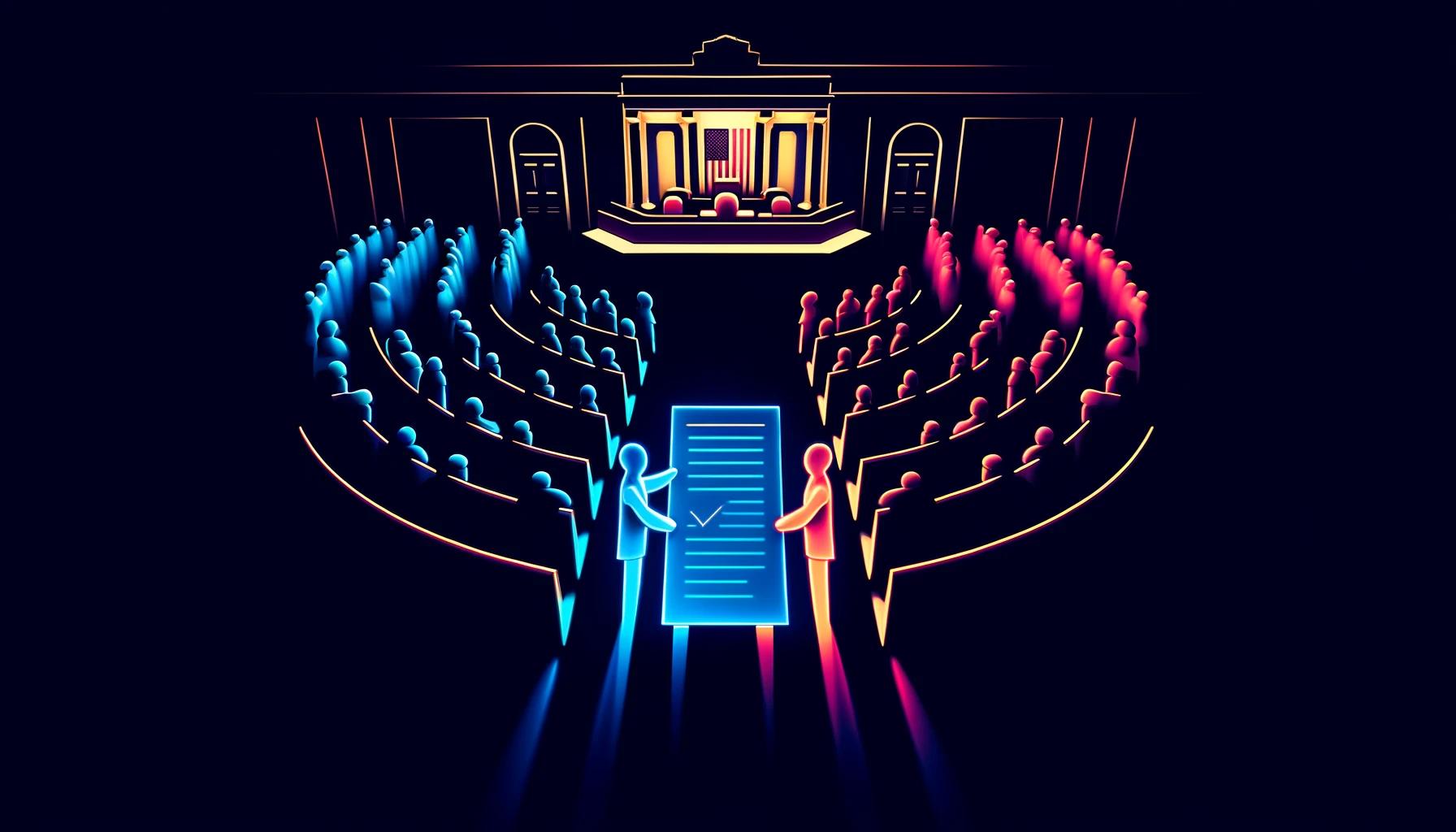
The decision acquired bipartisan assist in each the Senate and Home of Representatives.
The U.S. Senate handed a joint decision looking for to overturn an accounting rule decreed by the Securities and Trade Fee (SEC) that might have disastrous implications for monetary establishments offering cryptocurrency custody providers.
On Might 16, the Senate voted 60 to 38 in favor of repealing the SEC’s Workers Accounting Bulletin (SAB) No. 121. The decision, H.J. Res. 109, garnered bipartisan assist, with 11 Democrats becoming a member of all however two abstaining Republican senators to reject the rule regardless of Democratic occasion leaders opposing the decision.
“Limiting the SEC’s capacity to take care of a complete and efficient monetary regulatory framework for crypto-assets would introduce substantial monetary instability and market uncertainty,” the White Home mentioned in a press release printed on Might 8. “If the President had been offered with H.J. Res. 109, he would veto it.”
The transfer follows the U.S. Home of Representatives equally voting to move the decision with a depend of 228 to 182 on Might 8, 2023, with 21 Democrats backing the decision. Nevertheless, the vote fell wanting the two-thirds majority wanted to override a presidential veto.
Ought to the President situation a veto, the laws will return to Congress and would require a two-thirds majority vote in favor to move.
Stifling innovation or defending shoppers?
On April 11, 2022, the SEC launched SAB 121, mandating that corporations providing custody providers for crypto belongings should embrace these belongings on their steadiness sheets. The bulletin was extensively panned by trade advocates and Republican lawmakers, with the rule posing main capital and accounting problems for banks working with crypto purchasers.
Following the passage of H.J Res. 109, Republican Senator, Cynthia Lummis slammed the SEC for looking for to legislate “an trade they don’t regulate” by an SAB.
“This can be a win for monetary innovation and a transparent rebuke of the best way the Biden administration and Chair Gary Gensler have handled crypto belongings and marks the primary time each chambers of Congress have handed standalone crypto laws,” Lummis mentioned.
Republican Consultant, Wiley Nickel, took goal at the SEC’s effort to bypass its formal rulemaking course of in an try to control the U.S. cryptocurrency trade.
“In the present day’s Senate vote to repeal SAB 121 sends a transparent bipartisan message: Congress won’t stand idly by as Gary Gensler and the SEC intentionally sidestep the statutory rulemaking course of and overstep their regulatory authority,” Nickel mentioned.
Blockchain Affiliation, a crypto advocacy group, additionally urged the Whitehouse to be aware of the “overwhelming” bipartisan assist for the decision.
“The specter of a presidential veto denies the actual fact that there’s a rising consciousness… that crypto is one thing our elected officers ought to care about,” Blockchain Affiliation tweeted. “Customers shouldn’t be punished merely for embracing new applied sciences.”
Throughout the ground, Democratic Consultant, Stephen Lynch, described the decision as enabling monetary establishments to hide “dangerous banking practices” from the general public. “[H.J. Res. 109 would] make it more durable for purchasers and traders to know whether or not crypto corporations and banks are holding unstable belongings whereas limiting transparency and rising the flexibility to commit fraud,” Lynch mentioned.
Throughout debates main as much as the vote, Democratic Senator, Elizabeth Warren, mentioned SAB 121 supplied requisite protections for shoppers.
“We’ve seen a number of hacks of crypto platforms,” Warren mentioned. “The distinctive dangers of crypto can create liabilities that significantly affect an organization’s monetary situation. SAB 121 merely clarifies how corporations ought to account for these dangers of their monetary disclosures.”
The decision now hangs within the steadiness as lawmakers and trade stakeholders await President Biden’s determination.
